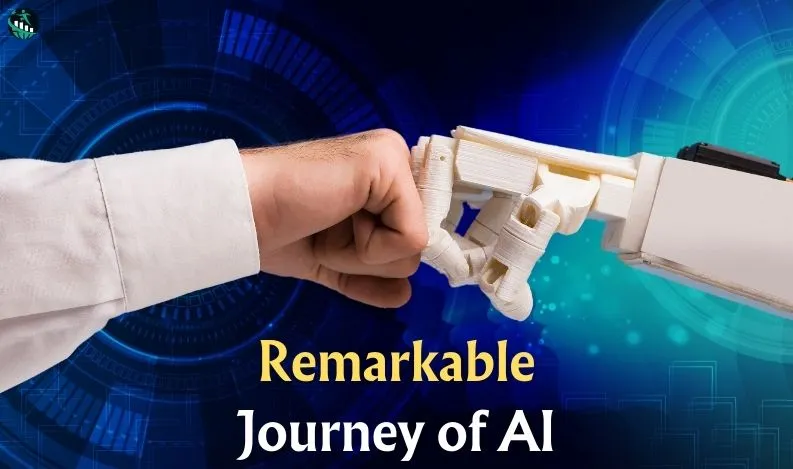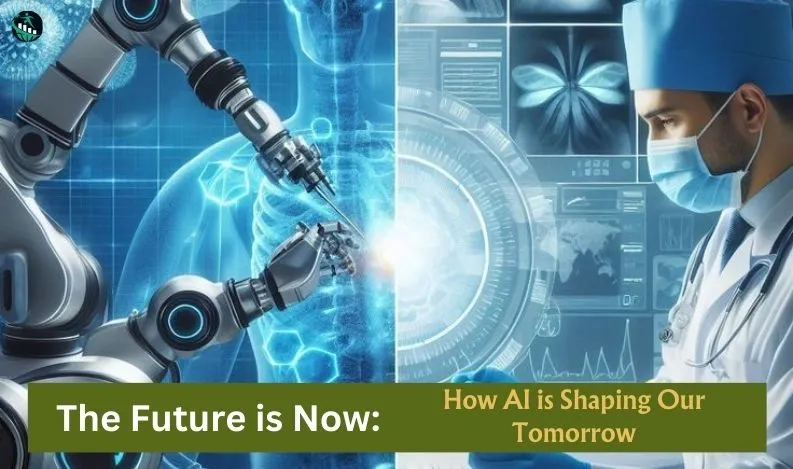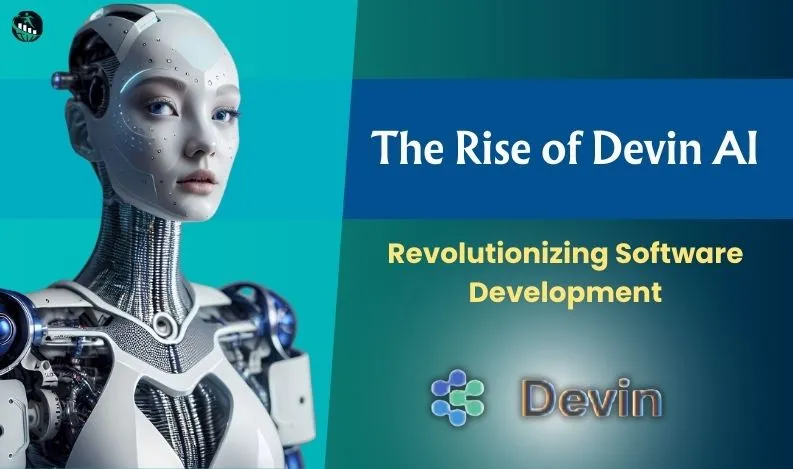
From Turing to TensorFlow: The Remarkable Journey of AI
The evolution of Artificial Intelligence (AI) is a testament to human curiosity and ingenuity. Once a mere figment of science fiction imagination, AI has now become an integral part of the fabric of modern society, influencing everything from the way we communicate to how we make critical decisions in various industries. This blog post embarks on a detailed journey through the evolution of AI, tracing its roots from the simplistic algorithms of the early days to the complex neural networks that form the backbone of contemporary AI technologies.
The Genesis of Computational Thought
The inception of AI as a scientific discipline can be traced back to the mid-20th century, but the fascination with creating intelligent entities dates back to ancient civilizations. The early 20th century's intellectual landscape, enriched by visionaries like Alan Turing, laid the groundwork for what AI would become. Turing, often hailed as the father of computer science, introduced the concept of a 'universal machine' that could simulate any other machine's logic, laying the foundation for modern computing and, by extension, artificial intelligence.
The Infancy of AI: Logic Machines and Perceptrons
In the 1950s and 60s, AI began to take its first tangible form with the development of programs designed to mimic aspects of human intelligence. The Logic Theorist, created by Allen Newell and Herbert A. Simon, is often considered the first AI program, capable of solving complex puzzles and theorems in symbolic logic. Around the same time, Frank Rosenblatt's invention of the perceptron, an early neural network, provided a glimpse into the potential of machines to learn and evolve, drawing inspiration from the neural structure of the human brain.
The Chill of Winter: Reality Bites Back
Despite the early promise shown by AI research, the field experienced significant setbacks known as the "AI Winters." The first of these periods occurred in the 1970s, followed by another in the late 1980s. These winters were characterized by a significant reduction in funding and interest in AI research, largely due to the inflated expectations that could not be met with the existing technology and theoretical understanding of the time.
A Renaissance: Machine Learning and the Probabilistic Turn
The resurgence of AI was marked by a shift from rule-based systems to machine learning, where algorithms were designed to learn and improve from data. This period saw the development of various machine learning models, such as decision trees, support vector machines, and ensemble methods like random forests and boosting. The reintroduction of neural networks, equipped with the backpropagation algorithm, allowed for more efficient training of multi-layer networks, setting the stage for the deep learning revolution.
The Age of Neural Networks: AI's Second Coming
The renaissance of neural networks was pivotal in AI's evolution. Researchers discovered that by increasing the depth and complexity of neural networks, these models could perform tasks with unprecedented accuracy, from recognizing speech to classifying images. The success of AlexNet in the 2012 ImageNet competition, a deep convolutional neural network, marked a significant milestone in the field, showcasing the potential of deep learning.
Deep Learning and Beyond: The New Frontier
Deep learning has propelled AI into a new era, characterized by systems capable of achieving and sometimes surpassing human performance in specific tasks. Technologies such as Google's TensorFlow and OpenAI's GPT series have democratized access to powerful AI tools, enabling a surge in innovation across various sectors. Deep learning has been instrumental in advancing fields such as autonomous driving, personalized medicine, and intelligent assistants, fundamentally altering the interaction between humans and technology.
The Present and the Horizon
As AI becomes increasingly integrated into the fabric of daily life, its applications continue to expand, from sophisticated recommendation systems in e-commerce to life-saving diagnostic tools in healthcare. The future of AI holds immense promise, with research advancing towards more general and adaptable forms of intelligence, known as Artificial General Intelligence (AGI). However, this future also poses significant ethical and societal challenges, from ensuring fairness and transparency in AI systems to addressing the potential impact on employment and privacy.
Conclusion: The Odyssey Continues
The journey from the theoretical underpinnings laid by Turing to the practical applications powered by modern neural networks is a narrative of constant evolution, marked by both remarkable achievements and humbling setbacks. As AI continues to evolve, it remains a field defined by a quest for understanding—a quest not just about the outer limits of technology, but also about the essence of intelligence itself.
Epilogue: Ethical Considerations and the Future
As we advance further into the age of AI, the ethical dimensions of this technology come into sharper focus. The development of AI systems that can make autonomous decisions raises significant ethical and societal questions that we must address to ensure that the advancement of AI benefits all of humanity.
Also Read:-







Recent Comments: